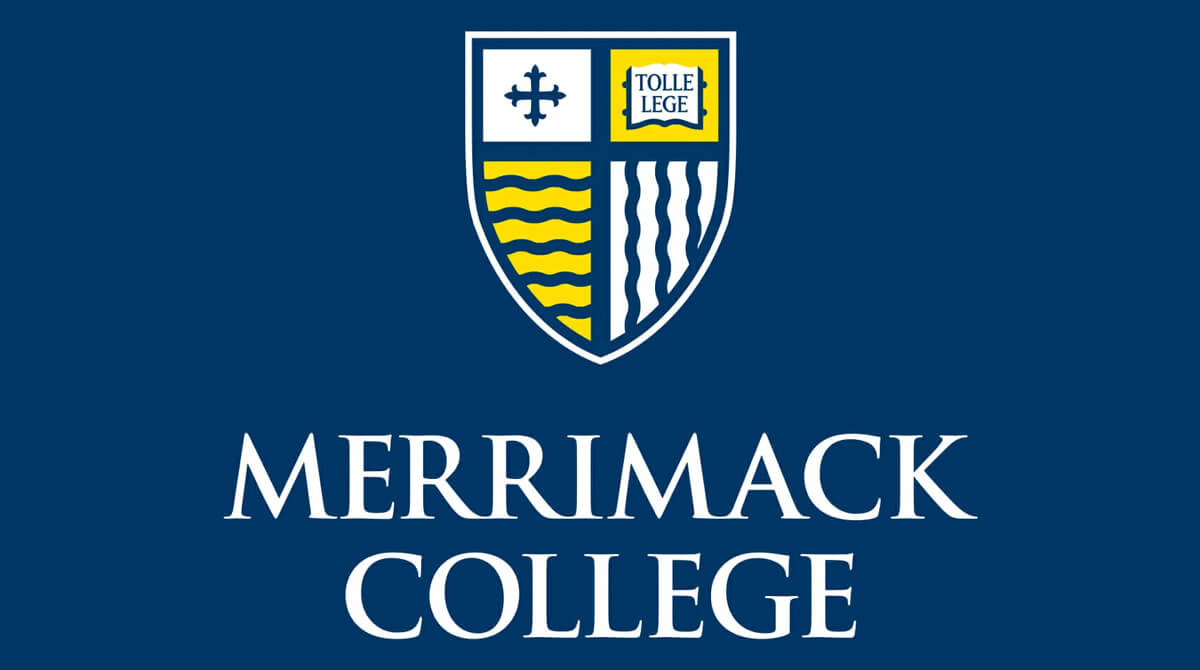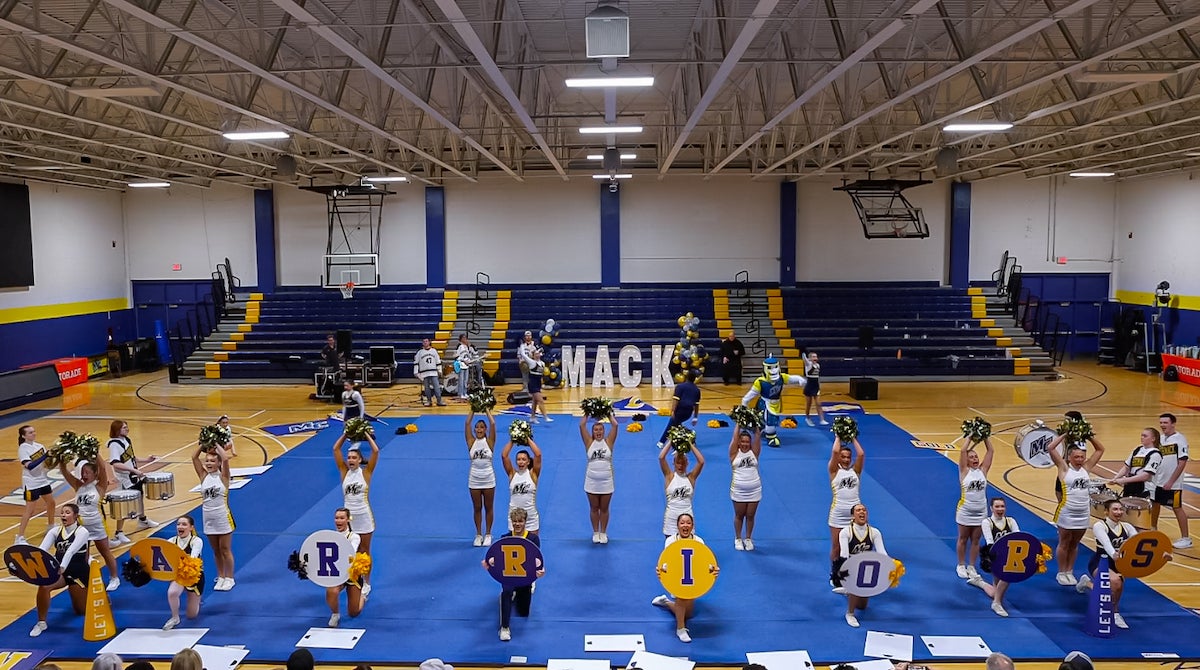Following a year-long clinical trial providing interventions for increased physical activity among teenagers with neurodiversity and other psychiatric diagnoses, April Bowling heard a similar suggestion from the participants and their families.
“Parents told us the interventions were very effective, but coordinating the different components would be easier if there was an app to manage it all,” explained Bowling, an associate professor of nutrition and public health at Merrimack College.
Now, thanks to a more than $400,000 grant from the National Institutes of Health, Bowling and her team in Merrimack’s Center for Health Inclusion, Research and Practice are doing just that. The GamerFit app will house the components of the interventions Bowling’s lab uses to get teenagers with diagnoses such as autism and ADHD to be more physically active and sleep better. These interventions include daily physical activity challenges, well-being surveys, one-on-one telehealth coaching and videos with healthy tips.
The two-year grant was awarded this past March and Bowling said they are currently working on development with a goal of trial testing the app this November with about 60 teenagers.
“Kids who have different neurodevelopmental and psychiatric disorders need to get more physical activity because it benefits them cognitively and emotionally,” Bowling explained. “We developed an intervention that uses active video gaming as a gateway behavior. Physical activity doesn’t have to be hard or competitive or long. It can be fun.”
In addition to making the interventions more enticing and accessible to users and their families, the app also creates a central clearinghouse of data for Bowling and her team to analyze, from how many steps a user gets in a day to how the user’s physical activity and sleep is impacting their mood.
During development over the past few months, Bowling said the biggest learning curve has been translating intervention components into the app’s functionality. Bowling credits her colleague Christopher Stuetzle, associate professor of computer science in Merrimack’s School of Science and Engineering and a co-investigator on the grant, with helping translate between the researchers and app developers.
“The more you interview these kids and spend time with their families, you learn the barriers to living a healthy life are really high and it is great to see technology provide accessible approaches,” said Bowling.
She added that ultimately the app will be deployed in schools and clinical settings, and they are planning to integrate the app into clinical care settings after testing.


